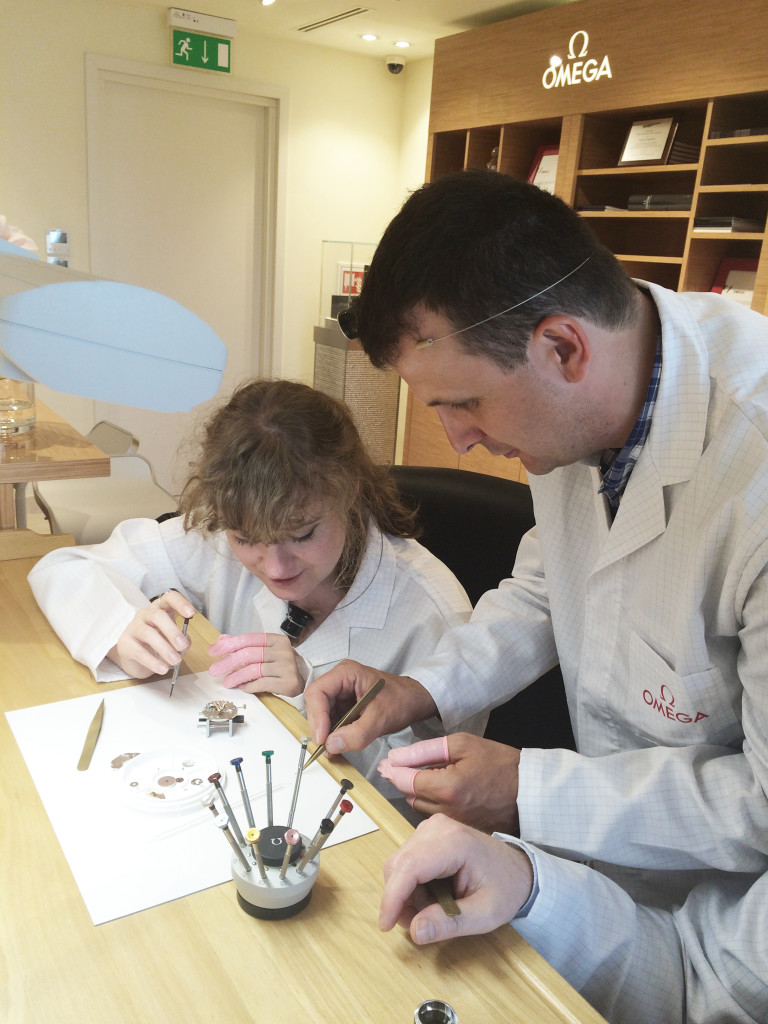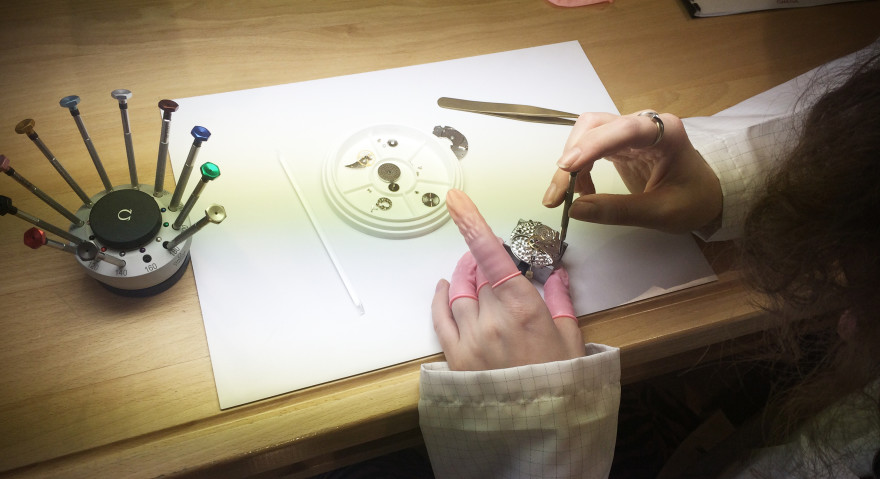What will be the actual future of wearables?
Wearable is a keyword, which is recently very popular in fashion. I follow the idea that in a few dozen years we’ll all be cyborgs connected to a permanent network. Our minds will be uploaded to the internet (cloud). We’ll have to survive using latest technologies which will expand our thinking and physical skills. The internet of things and wearables will have their own lives. They will be intelligent and we won’t be able to forecast which way they will develop. We’ll have to become cyborgs to survive. I agree with Elon Musk and Ray Kurzweil, who talk about singularity.
If new technologies develop at such a pace as the case is today, sooner or later, wearables will not only take over the fashion industry but also our lives. In the future, technology will become invisible. It will be a permanent part of our clothing, houses, food and ourselves. I am convinced that already today, large fashion corporations should keep this in mind. They should remember about this phenomenon at the stage of strategic planning of the company’s future in several years of several dozen years.
Will the future of wearables and internet of things destroy our ability of illogical thinking?
What makes us different from machines, in my opinion, is the ability of illogical thinking, following various stimuli which we, as human beings, don’t understand. Thanks to illogical thinking, we have religion, art and luxury brands. Illogical thinking gives us the need for experiencing sacred things, for being guided by higher motives than just reasonable calculations, thinking about securing one’s own basic needs. Illogical thinking appears when we don’t understand the surrounding reality and when we have already secured all reasonable needs (following Maslow’s hierarchy of needs). Sometimes it helps to think in an abstractive way, despite knowing that abstraction is also mathematics. Illogical thinking perhaps is logical but our current knowledge about the human mind is insufficient to state this fact.
What will happen when our perception will become completely reasonable?
When we fully understand the surrounding reality? When we stop to feel the need for luxury and illogical thinking? Isn’t it our force when facing artificial intelligence? If so, there may come a day when analogue life will become the biggest luxury for any consumer.
This is what’s actually starting to happen already. Offline life for many of us is becoming rare. We are completely connected. We carry super computers in our pockets which are slowly starting to become a part of our garments. For example, my Swarovski Shine can probably do more than the first spacecraft that took a man into the orbit.
Luxury brands are somewhat like the Church. They are an object of support with constant values. Providing the consumer with a sense of sacred things and peace or the sense of belonging to a heritage.
Idea dissonance: to wearable or not to wearable?
It is interesting to see how brands will adapt the idea of wearables:
- which brands will choose the analogue path and decide to continue traditional art,
- and which brands will start to experiment with electronics and adapt the internet of things idea in their products.
There are two possibilities. Until recently, I thought that all luxury brands should join the wearable trend. It seems to be a good idea since we’re bound to be connected either way.
On the other hand, since offline is to be a luxury:
Shouldn’t luxury brands offer products which will ensure that we are disconnected from the internet?
Where does this idea come from?
During a clocksmith course at OMEGA, at first I bombarded the team with questions: when will you offer wearables? Do you acquire companies operating in the IoT industry? How do you incorporate your activities into today’s trends? Then I started to listen to the team (which was kind enough to meet me in person at a flagship boutique in Warsaw at Plac Trzech Krzyży to present a lecture concerning the brand as well as an individual clocksmith course – yes, I’ve become an amateur clocksmith:)).
When I understood the brand’s DNA better, and learned what the customers are looking for, this is what came to my mind: stay the way you are. I still don’t know if this company acquires IoT startups and creates their own wearables dedicated for the luxury sector. But I thought that perhaps the OMEGA customers don’t really expect wearables from this brand.

Me trying to make a watch at OMEGA locksmith course.
The watches feature advanced mechanisms and latest technologies which do not connect the user to the internet. They give them a sense of power (Master Chronometer, the watches are being used by NASA or during the Olimpics – also those held in Rio – record-high precision), but also a sense of something unique in time (the brand’s history, associating it with such characters as James Bond, handing on from generation to generation, durability of technology). Being a proud user of a Swarovski wearable, I don’t own an analogue watch… Maybe I should redefine my sense of luxury?
So where will luxury brands be when it comes to the IoT and wearable trends?
I’m certain that the luxury brand market, at least the one managed by large corporation, will not stay indifferent to this trend. There will be efforts of introducing wearables onto the luxury market. Especially, when it turns out that the millennials and Gen Z start to demand them. We know from media that such corporations as LVMH are not indifferent to trends. I’m sure that Swatch Group has also been developing wearable technologies, aiming at the luxury market (however this has not been confirmed by anyone!).
Manufacturers will keep in mind that, despite moving the borders of our privacy, we give it away in return for conveniences and interactive use of networks. Deep down inside we will remain people who will need a story, a sense of something unique in time and Zen. Meaning privacy and integration with oneself and the nature. This is hard to accomplish with the latest technologies, regardless of how haptic they are.
Furthermore, since our brains will be connected to the network, who will need a smartwatch?

Previous:
Why should the fashion industry keep track of space agencies and the space industry?

Next:
MirroCool – an interactive mirror which looks beyond cool
You may also like
-
 05 Aug
05 Aug3 innovations of the “Internet of Things” that will revolutionize marketing and fashion retail
emerging technologyFashion marketers often forget that their job shouldn’t be limited to what happens in media. ...
-
 22 Jun
22 JunVersace Unique – beautiful, but too unique
emerging technologyA little trip through time. Here’s a fact that you might have missed – Versace ...
-
 07 Jun
07 JunAmazon Echo Look – AI powered personal assistant is available in the US
emerging technologyAmazon’s AI powered personal assistant / stylists is now available in the US for $199.99. ...
-
 10 Nov
10 Nov3D printing: is it really the future of fashion industry?
emerging technologyTwo years ago I have been writing about 3D printing and about that it will ...

